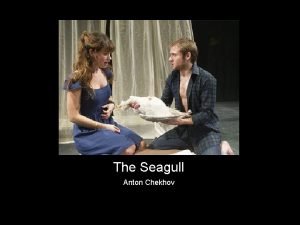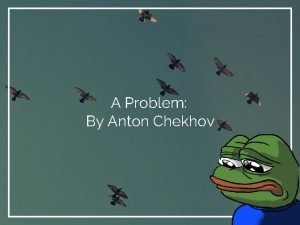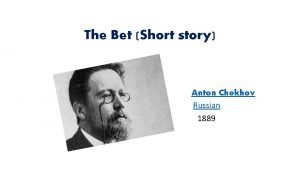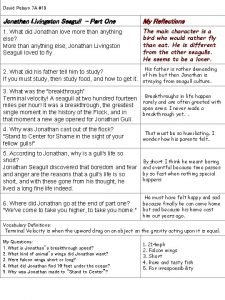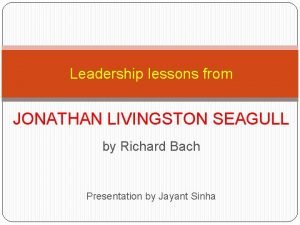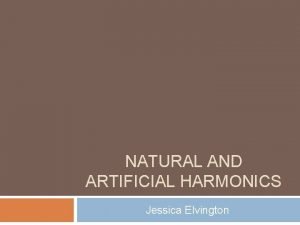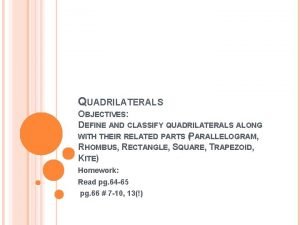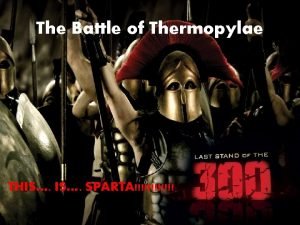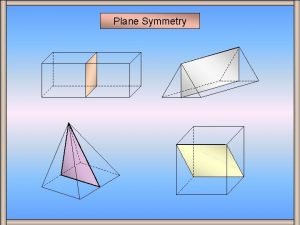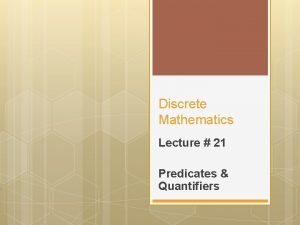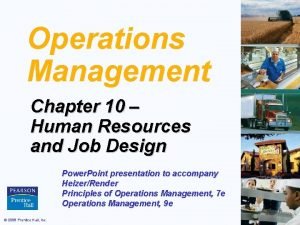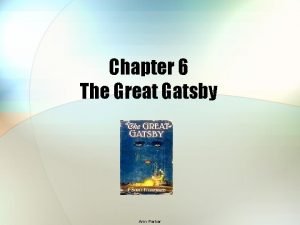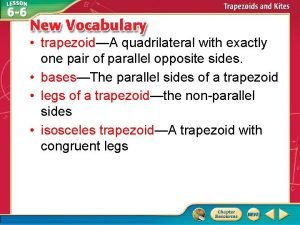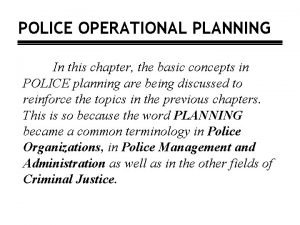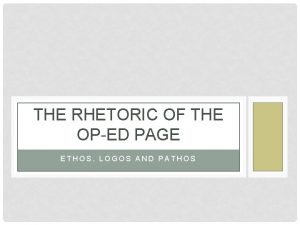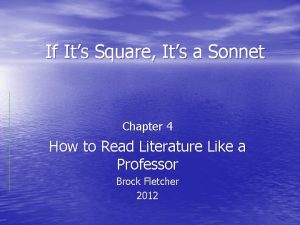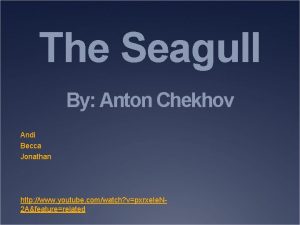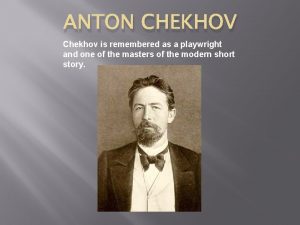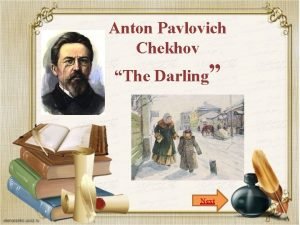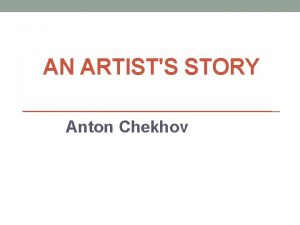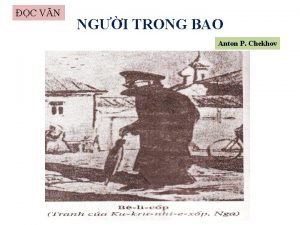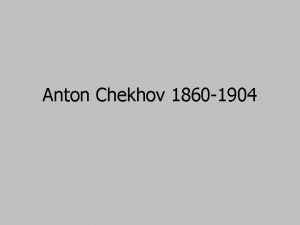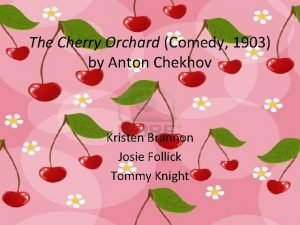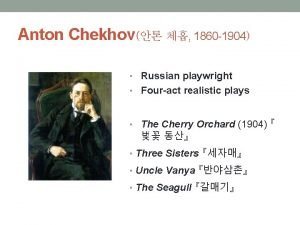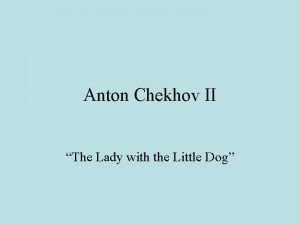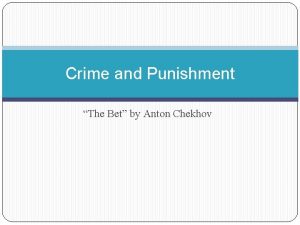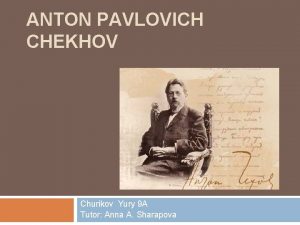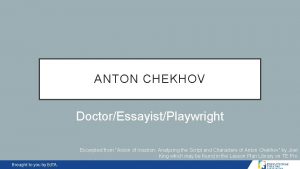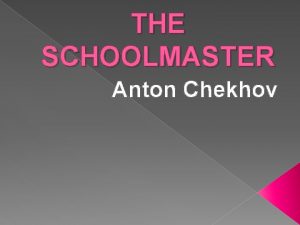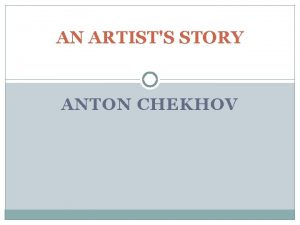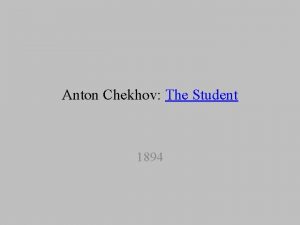The Seagull Anton Chekhov its not exactly Chekhovian




![“[the play is] Chekhovian in the sense that almost everything that happens, happens outside “[the play is] Chekhovian in the sense that almost everything that happens, happens outside](https://slidetodoc.com/presentation_image_h/d7a77d6bbd6023fc5dedae2e03c2ad96/image-5.jpg)
![“[Around Chekhov] everybody unwittingly felt an inner longing to be simpler, more truthful, to “[Around Chekhov] everybody unwittingly felt an inner longing to be simpler, more truthful, to](https://slidetodoc.com/presentation_image_h/d7a77d6bbd6023fc5dedae2e03c2ad96/image-6.jpg)


![“…death was so near to [Chekhov], he had no strong terminal sense. Man ends; “…death was so near to [Chekhov], he had no strong terminal sense. Man ends;](https://slidetodoc.com/presentation_image_h/d7a77d6bbd6023fc5dedae2e03c2ad96/image-9.jpg)






















![“[Kostya’s] tragedy consists in his inability to rise to the level of tragedy. ” “[Kostya’s] tragedy consists in his inability to rise to the level of tragedy. ”](https://slidetodoc.com/presentation_image_h/d7a77d6bbd6023fc5dedae2e03c2ad96/image-32.jpg)







- Slides: 39

The Seagull Anton Chekhov

“…it’s not exactly Chekhovian in its human insight. ” Guy Lodge, “La La Land Hollywood’s Everlasting Love Affair with Itself, ” The Guardian, January 11, 2017.

“The cold storage hosts are like hundreds, maybe thousands, of Chekhovian Guns. ” James Hibberd, “‘Westworld’ Series Premiere Recap: ‘The Original, ’” Entertainment Weekly, October 9, 2016.

“…a play full of almost Chekhovian yearning and disappointment. ” Lyn Gardner, “The Flick: Annie Baker’s Play about Cinema Is Really a Love Letter to Theatre, ” The Guardian, May 4, 2016.
![the play is Chekhovian in the sense that almost everything that happens happens outside “[the play is] Chekhovian in the sense that almost everything that happens, happens outside](https://slidetodoc.com/presentation_image_h/d7a77d6bbd6023fc5dedae2e03c2ad96/image-5.jpg)
“[the play is] Chekhovian in the sense that almost everything that happens, happens outside of the play… a Chekhovian sense of longing and the Chekhovian theme of unrequited love… informs the work. ” John Nathan, “‘My Night with Reg’ [by Kevin Elyot]: No ‘Pink Play’ Stereotypes, ” The Independent, July 22, 2014.
![Around Chekhov everybody unwittingly felt an inner longing to be simpler more truthful to “[Around Chekhov] everybody unwittingly felt an inner longing to be simpler, more truthful, to](https://slidetodoc.com/presentation_image_h/d7a77d6bbd6023fc5dedae2e03c2ad96/image-6.jpg)
“[Around Chekhov] everybody unwittingly felt an inner longing to be simpler, more truthful, to be more himself. ” Maxim Gorky, Anton Chekhov’s Life and Thought: Selected Letters and Commentary, M. Heim & S. Karlinsky, tr. (Berkeley: University of California Press, 1975), 107.

“Medicine is my lawful wife, and literature is my mistress. When I get fed up with one, I spend the night with the other. ”

Chekhov and Olga Knipper (1901)
![death was so near to Chekhov he had no strong terminal sense Man ends “…death was so near to [Chekhov], he had no strong terminal sense. Man ends;](https://slidetodoc.com/presentation_image_h/d7a77d6bbd6023fc5dedae2e03c2ad96/image-9.jpg)
“…death was so near to [Chekhov], he had no strong terminal sense. Man ends; but his story is endless. ” Maurice Valency, The Breaking String (NY: Oxford University Press, 1966), 297.

“On stage everything should be just as complicated and just as simple as in life. People eat their meals, and in the meantime their fortune is made or their life ruined. ”

MEDVEDENKO. Why do you always wear black? MASHA. I’m in mourning for my life. I’m unhappy. (Act 1)

Nina (his girlfriend, aspiring actress) Kostya (writer) Arkadina (his mother, actress) Sorin (her brother, owns Medvedenko (schoolmaste r, her husband) Dorn (doctor) Trigorin (her lover, writer) Masha (their daughter) Polina (Shamraev’s wife) Shamraev (estate manager)


Boris Kustodiev, The Announcement the Emancipation Manifesto of 1861 (1907)

Isaac Levitan, The Lake (1893)

“malady of boredom”

Vera Komissarzhevskaya as Nina, Alexandrinsky Theatre, St. Petersburg (1896)

Moscow Art Theatre (MXAT)

“Remember: there are no small parts, only small actors. ”

“‘The play begins in darkness, an evening in August. The dim light of a lantern, the distant singing of a cavorting drunkard, the distant howling of a dog, the croaking of frogs, the cry of a corncrake, and the occasional tolling of a distant church-bell—help the audience to feel the sad, monotonous life of the characters. ’” Quoted in David Allen, “Performing Chekhov, ” in Performing Chekhov (London: Taylor & Francis Ltd, 1999), 13.

The Sea Gull (1968) dir. Sidney Lumet


Beardsley/Wilde Salomé (1894)

Gordon Craig/Stanislavsky MAT Hamlet (1911/12)

TRIGORIN. I couldn’t see my readers, but somehow I thought of them as hostile and skeptical. I was afraid of audiences, really terrified. Whenever I had a new play staged, I would imagine all the dark-haired people hated it, and the fair-haired people couldn’t care less. (Act 2)

Chekhov reads The Seagull to cast of Moscow Art Theatre production, 1898

Kostya (writer) Arkadina (his mother, actress) Nina (his girlfriend, aspiring actress) Trigorin (her lover, writer)

bezdarnost ‘lack of talent’

DORN. You must know why you’re writing. If you stroll down this image-strewn path without any definite aim, you’ll lose your way and your talent will be the death of you. (Act 1)

KOSTYA. …it’s got nothing to do with old forms or new forms. The thing is to write, without thinking about forms of any kind – just write, because it pours freely from your heart. (Act 4)

Fatalistic suicide vs. Anomic suicide, Émile Durkheim, Suicide (1897)
![Kostyas tragedy consists in his inability to rise to the level of tragedy “[Kostya’s] tragedy consists in his inability to rise to the level of tragedy. ”](https://slidetodoc.com/presentation_image_h/d7a77d6bbd6023fc5dedae2e03c2ad96/image-32.jpg)
“[Kostya’s] tragedy consists in his inability to rise to the level of tragedy. ” Robert Louis Jackson, Chekhov: A Collection of Critical Essays (Englewood Cliffs, N. J. : Prentice-Hall, 1967), 108.

NINA. …I understand that what’s important about our work – whether we act on the stage or write – isn’t fame, it isn’t glory, it’s none of those things I used to dream of, it’s simply the capacity to endure. (Act 4)

Days and Nights


NINA. I’m a seagull. No, that’s wrong, I’m an actress. (Act 4)

NINA. Life used to be so good, Kostya! Do you remember? Everything was so clear and warm, life was so joyous, so innocent – and such feelings we had, like delicate, exquisite flowers. Do you remember? (Recites. ) ‘Men, lions, eagles and partridges…’ (Act 4)


DORN. You drift along in the crowd, aimlessly, here, there and everywhere – you live with the crowd, you merge psychologically, and you start believing that there might actually be a World Spirit, like the one Nina acted in that play of yours… (Act 4)
 Mistress quotes
Mistress quotes The student anton chekhov
The student anton chekhov A problem anton chekhov
A problem anton chekhov Anton chekhov the bet
Anton chekhov the bet The ninny by anton chekhov summary
The ninny by anton chekhov summary Betshort
Betshort Its not easy but its worth it
Its not easy but its worth it Cyberdefinitions
Cyberdefinitions David livingston seagull
David livingston seagull Seagull apro test answers pdf
Seagull apro test answers pdf Seagull-tandem.eu
Seagull-tandem.eu Seagull management style
Seagull management style Violin natural harmonics
Violin natural harmonics Seagull shipping & logistic (pvt) ltd
Seagull shipping & logistic (pvt) ltd Sadlier vocabulary workshop level d unit 1
Sadlier vocabulary workshop level d unit 1 Müzeyyen sevtap aytuğ
Müzeyyen sevtap aytuğ Quadrilateral definition
Quadrilateral definition Saying exactly what someone has said is called
Saying exactly what someone has said is called Introduction of money
Introduction of money Exactly
Exactly What exactly is a strategy
What exactly is a strategy Show that there are exactly five 3-digit cube numbers.
Show that there are exactly five 3-digit cube numbers. Where exactly was the battle of thermopylae?
Where exactly was the battle of thermopylae? Symmetry of pyramid
Symmetry of pyramid A painter has exactly 32 units
A painter has exactly 32 units Each month jessica buys exactly 15 big macs
Each month jessica buys exactly 15 big macs What is logistics
What is logistics Midpoint formula
Midpoint formula Let l(x y) be the statement x loves y where the domain
Let l(x y) be the statement x loves y where the domain Job expansion in operations management
Job expansion in operations management Holy spirit vs holy ghost
Holy spirit vs holy ghost When nick says that gatsby wants to recover
When nick says that gatsby wants to recover A trapezoid is quadrilateral with exactly one pair
A trapezoid is quadrilateral with exactly one pair Which of the following is literal language
Which of the following is literal language What are the parts of police operational plan
What are the parts of police operational plan What exactly is hiasl
What exactly is hiasl A student determined that exactly 10 pollen grains
A student determined that exactly 10 pollen grains What exactly is plankton?
What exactly is plankton? Which atom contains exactly 15 protons
Which atom contains exactly 15 protons If its square its a sonnet
If its square its a sonnet
